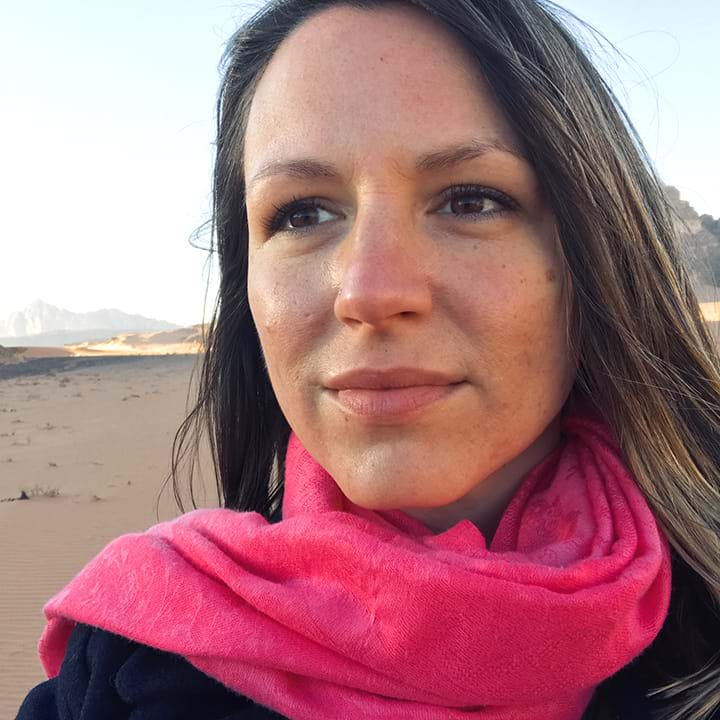Uber and Lyft drivers are just as prone to motor vehicle accidents as the rest of us. Considering that traffic accidents are a leading cause of accidental death in the U.S., the risk—Uber driver or not—is high. In fact, more than 6 million car accidents occur annually nationwide, resulting in about 37,000 fatalities. When you use one a ridesharing app to hire a driver, there is always a small chance that you will be involved in an accident. Now that both Uber and Lyft are both publicly traded companies, the question regarding accident liability is pertinent now more then ever. If you suffer injuries or property damage in an Uber or Lyft accident, what do you do? Can you file a personal injury lawsuit against Uber or Lyft, the driver, or both? The answer may surprise you.
Who is liable?
Uber and Lyft drivers are not employees. Rather, they are independent contractors who are expected to obtain their own auto insurance policy. In layman’s terms, an independent contractor is an individual who provides a service to a business (in this case, Uber or Lyft) as part of a contract agreement. The individual is not an employee and is usually paid on a freelance basis. Despite this, Uber does supplement its driver’s personal policies with its own insurance policy. Uber’s policy varies from state to state, but the average policy provides:
- Injury liability of $50,000
- Total liability of $100,000
- Property damage of $25,000
- Third-party total liability of $1,000,000
Even including this coverage, you may find it extremely difficult to make a claim against Uber’s insurance policy. Getting in touch with Uber’s carrier directly can be a challenge, and the driver’s personal insurance policy may present another obstacle. Many personal policies don’t provide coverage when the insured is “driving for profit.”
“All insurance companies have that exclusion and that’s exactly what Uber drivers are doing,” says Eric Dubin, a personal injury and accident attorney with Dubin Law Firm in California. “If you’re going to be an Uber driver, you need to contact your insurance company and make sure you get exclusions to cover driving for profit. As far as if you’re hurt as a passenger or third party—pedestrian, biker, another car—it’s somewhat irrelevant because Uber and Lyft both provide insurance for their vehicles. But it’s not that straightforward. It really does depend on whether or not the Uber has a paying passenger, whether he’s looking for a paying passenger, or whether he’s not on the clock at all.”
When it comes to determining liability, Dubin says he would consider negligent hiring practices and the number of hours the driver spent on the clock, along with accident history. An experienced motor vehicle accident attorney can help you recover damages if you’ve been injured in an Uber or Lyft accident.
Common causes of Uber and Lyft accidents
Uber and Lyft accidents can occur for a variety of reasons. Some of the most common include:
- Fatigue
Many Uber and Lyft drivers are on the road for long stretches. Because drivers earn more the longer they are out and accepting fares, they may overexert themselves in the interest of a larger paycheck. Fatigue is a common problem for all professional drivers, including long-haul truckers. In fact, due to a spike in fatigue-related trucking accidents, the National Highway Transportation Safety Administration (NHTSA) instituted “hours of service” rules to limit the number of consecutive hours truck drivers can be behind the wheel. Similarly, Uber restricts the number of hours a driver can remain on the road, limiting shifts to 12-hours on, 6-hours off.
- Driver negligence
Speeding, ignoring road signs, and texting or talking on a cell phone are all forms of driver negligence.
- Poorly maintained vehicle
When the driver fails to maintain tires or brakes, accidents may occur as a result.
- Driving under the influence of drugs or alcohol
If you believe that your Uber or Lyft driver is intoxicated, get out of the vehicle as soon as possible and report the incident. Drunk driving claims more than 10,000 lives on U.S. roadways each year. Although the vast majority of these do not involve ride-sharing drivers, it would be naive to assume that Uber and Lyft drivers are less inclined to drive under the influence than the rest of the population.
If negligence was a factor in your Uber or Lyft accident, you may be entitled to compensation for medical expenses, pain and suffering, and other associated costs. Alternatively, if you were partially at fault for the accident, the Uber or Lyft driver may come after you for compensation. An experienced auto accident attorney can help you protect your rights if you have been involved in an accident with a ride-sharing driver.
Next steps
If you are injured during an Uber or Lyft ride, you may wish to file an injury claim for your losses. Who you file the claim against will depend on several factors. In some cases, the driver is solely responsible, while in other cases you may also file a claim against the ride-sharing company and its insurance carrier. Due to gaps in Uber and Lyft coverage, and the potential for multiple parties to be involved, it is in your best interest to consult with a car accident attorney before moving forward.
“Uber and Lyft are relatively new industries,” Dubin says. “Eventually, there is going to be a case that will test the independent contractor theory, and that could have catastrophic consequences either way. That’s why Uber has a lot of incentive to settle these gray area cases—to avoid having a case on the books that could really open up the floodgates.”
 By Amy Carst,
By Amy Carst, 
